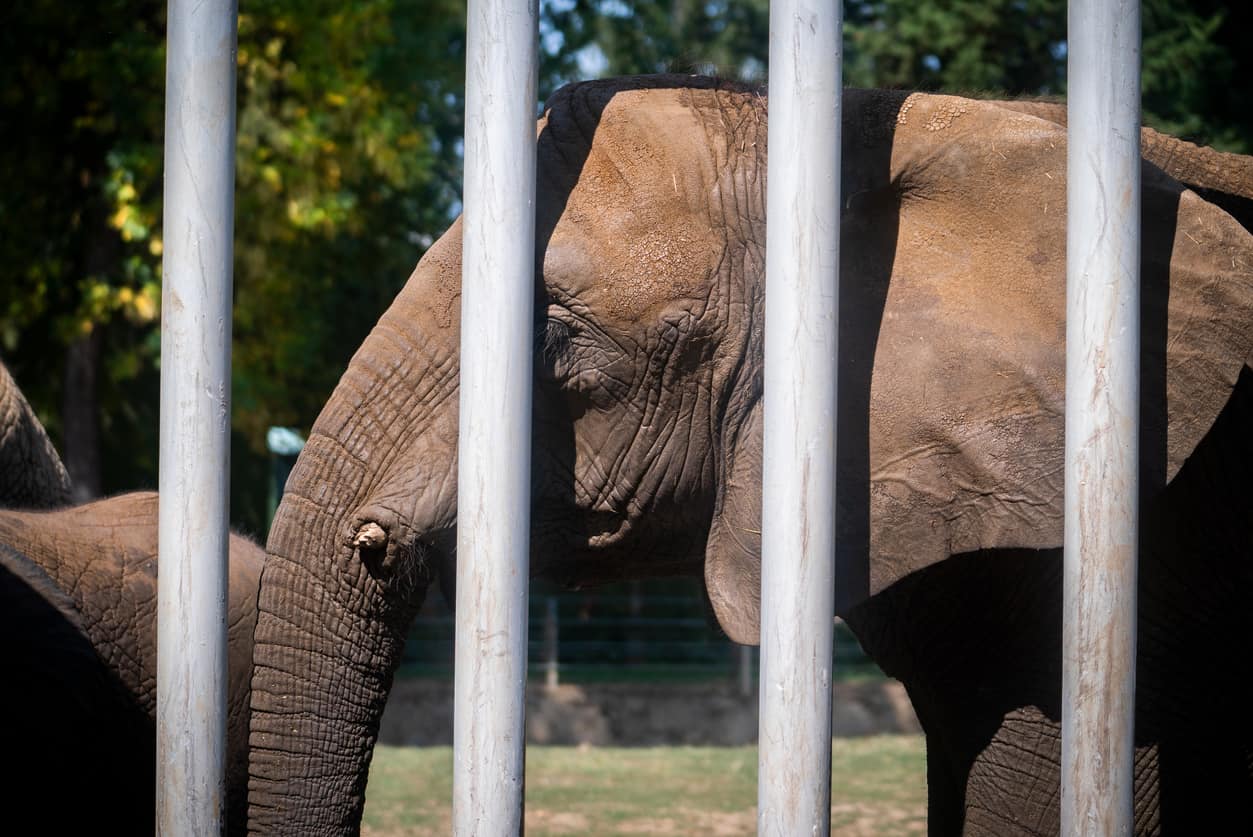
Ahead of Life’s Science Speakeasy, Dr Jowitt and Dr Dunn explore the meaning of animal sentience, and the moral and legal implications surrounding animal rights and welfare.
Dr Joshua Jowitt is a lecturer in law at Newcastle Law School and specialises in legal theory, through which he has become interested in how the law categorises non-human entities such as animals, rivers, AI and emerging medical technologies. His work recently won the European Award for Legal Theory, and has been shortlisted for the 2023 Peter Birks Prize for Outstanding Legal Scholarship.
Dr Rachel Dunn is the Course Director of Pro Bono and Employability at Leeds Law School, overseeing the law clinic and employability activities. Her work in Animal Law has a particular focus on the effectiveness and impact of welfare laws and their enforcement. She has been involved in various research projects relating to animals, including zoo licensing, pets in care homes and private accommodation, and improvement notices under the Animal Welfare Act 2006.

Happy’s story
Nobody knows how old Happy is. Our best guess is that she, along with six other members of her family (each of whom were nicknamed after one of the seven dwarves), were captured in rural Thailand sometime in the early 1970s before being sent to the US to work in a travelling circus. The circus went out of business in the 1980s, so Happy and her family were separated and sent to various places across the US to continue as exhibits for paying spectators to come and see. She currently lives alone in New York, in conditions that experts believe to be unsuitable for her and which could be a contributing factor to a multitude of physical and mental health conditions. She has no say in her living arrangements, something civil rights activists claim is the same as being arbitrary detained. But in June last year the highest court in New York held that she did not have a right against this arbitrary detention – a conclusion they would never have reached if Happy had been a human being. But Happy is not a human being. She is an elephant, and to this day she still resides in the same conditions in the Bronx Zoo.
The legal issue
What is interesting here is that the Court had no problem in agreeing that Happy had what we call ‘moral status.’ She was a being with interests that, morally, we ought to take steps to protect. But they claimed to be powerless to turn these moral claims into legally enforceable rights because of a problem of classification that dates back millennia. This is because, ever since Roman times, the Law has classified everything as either a ‘person’ or a ‘thing.’ If you are a legal person, this means you can have rights. But if you are a thing, you are owned – and if you are owned, that means you can’t have your own rights. The law classifies animals as ‘things’ – so because Happy is property, she cannot have a right against arbitrary detention.
Where this gets complicated though is that the term ‘legal person’ has never meant the same thing as how you or I would use the word ‘person’ in everyday speech. In fact, they very often recognise the legal personhood of things that we would generally class as property – common examples are temple buildings, idols or ships. Corporations are also widely recognised as separate legal persons from their boards or owners – so much so that, until the Representation of the People Act 1948, they were entitled to vote in UK Parliamentary Elections in the constituency in which they were headquartered. More recently, rivers have also been recognised as legal persons – perhaps most famously in New Zealand and India to ensure the protection of ecosystems that hold spiritual significance.
The elephant in the (Court) room
But what very few legal systems have done is recognise that nonhuman animals are legal persons who ought to be able to benefit from rights. This seems odd, as many of us would agree that animals do have some kind of moral worth – and the fact that we are a nation of animal lovers is part and parcel of British identity. Ethicists suggest that this is because sentient animals in particular, have crossed a threshold that limits what we can and cannot do to them – for example, causing unnecessary pain or suffering. Furthermore, this example is commonly found in legal protections for animals. But in law, animals remain property. They are mere things that are theoretically incapable of bearing rights in the same way as we can as human beings.
This seems odd. How can we say that the law has reached a good place, if beings that the vast majority would accept have moral worth are classified as property – exactly the same as a brick, or a table? True, some jurisdictions have tackled this disconnect head on and recognised the legal personhood of individual animals – good examples can be found in Colombia, Argentina and Pakistan. But these are very much the exception rather than the rule.
Sentient rights now?
The UK has taken a slightly different approach, last year passing the Animal Welfare (Sentience) Act 2022 into law. This recognises the problem above – that sentience is something that deserves protection – but without granting legal personhood. Instead, it creates a new Animal Sentience Committee whose job it is to scrutinise government policy and ask whether it pays due regard to the interests of animals as sentient beings. You might be surprised to learn though that there is no definition of ‘sentience’ in the legislation, and that not all animals are within the remit of the Committee – instead, they can only consider the interests of all nonhuman vertebrates, cephalopod molluscs (such as squid, octopus or cuttlefish) and decapod crustaceans (lobsters, crabs and similar species). We recently hosted an event funded by the Society of Legal Scholars at Newcastle University, to ask whether this new legislation can really help protect animal interests. Is this list good enough, or should more animals be included? Is this at least a step in the right direction? Or – given the membership of the committee was only announced in May of this year – is it still too early to tell?
Whatever your gut is telling you now, we’re delighted to be part of Life Science Centre’s Science Speakeasy event on 22 June, Elephant in the Courtoom. We hope you enjoy the topic as much as we do – and that you keep the conversation going!
